As the pandemic lingers, we asked industry leaders about the negatives, positives and long-term changes that have come about as a result

In March 2021, BedTimes published a feature titled, “Covid-19: One Year Later.” So, it’s only fitting that we take a look back more than two years later to get insights from company leaders on what has become known as the virus that won’t go away. (If you’d like to see what leaders said last year, visit BedTimesmagazine.com/2021/03/Covid-19-One-Year-Later.)
In the early stages of Covid, the collective thinking seemed to be that one day, we would return to normal. But now, two years later, we’re processing the fact that this virus has become the new normal, and we’re all trying to figure out what this looks like.
Meanwhile, consumers have learned the power of a good night’s sleep from a health and wellness perspective, which has positively driven mattress sales. A recent Piper Sandler survey of bedding retailers found that 33% “definitely” think that consumers are more aware of or more interested in better sleep as a key component of their overall health and wellness, with another 56% thinking consumers are “possibly” more aware of better sleep as a key health component.
This heightened awareness of the correlation between good sleep and good health, coupled with so much time spent at home due to the pandemic, fueled sales. U.S. consumers spent about $298.5 billion on furniture and furnishings in 2021, up 22% from 2020 and 31% from 2019, according to the U.S. Bureau of Economic Analysis.
Other positives cited by industry leaders in this article include improved communications, heightened contingency planning, advanced sourcing, more positive company culture, and stronger consumer and vendor relationships. Negatives include continued supply chain issues, less face time, rising inflation, continued labor shortages and difficulty convincing retailers to start advertising again, given dampening sales.
The same Piper Sandler survey cited a 22% decline in mattress units sold in April, but a 16% gain in average unit price.Still, retail mattress sales dropped by double digits in April, the second straight month of sales declines, according to the survey. Sales were down by a mean of 10%.
Given the current volatility, there’s no better time to pause and reflect on the lessons learned since 2020. Read what a few industry leaders had to say.

What is the No. 1 lesson your business has learned from Covid-19?
“We can survive an economic calamity.” — Gerry Borreggine, president and chief executive officer of Therapedic International, a mattress licensing group based in Princeton, New Jersey
“To be better prepared. When the shutdown occurred, we did not have a good remote plan in place for communicating with employees, customers or suppliers. Let’s hope we don’t have to face that again, but if we do, we are much better prepared for it.” — Laurie Tokarz, president of Restonic Mattress Corp., a mattress licensing group based in Buffalo, New York
“Resiliency! Covid forced everyone — consumers, retailers and manufacturers — to think differently and be more creative. In the mattress business, retailers responded by being flexible in how they served their customers, and as manufacturers, we had to become a lot more flexible in how we serviced our customers. We all survived and thrived because we found out what was needed and responded to the needs all the way down the channel.” — Rion Morgenstern, president and CEO of Pleasant Mattress, an independent bedding producer based in Fresno, California
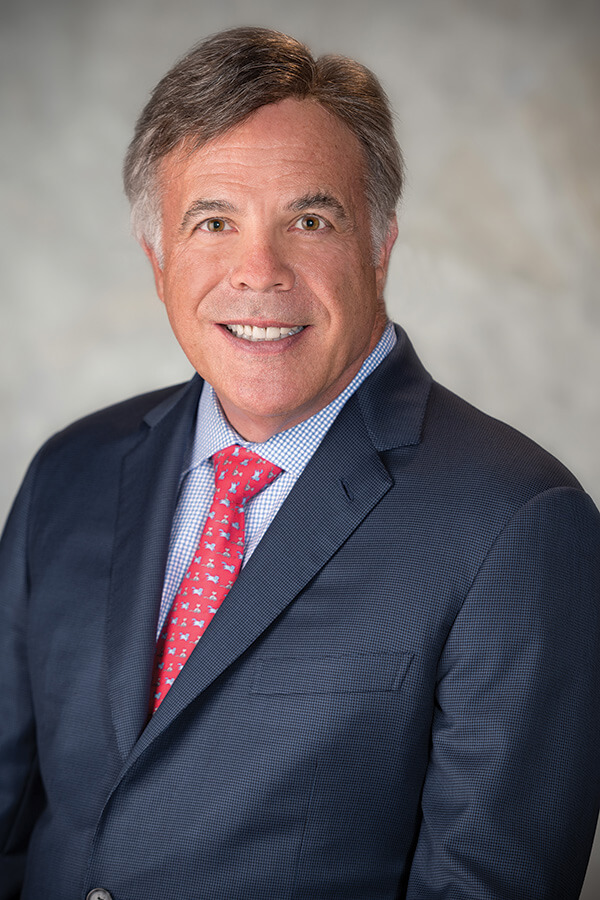
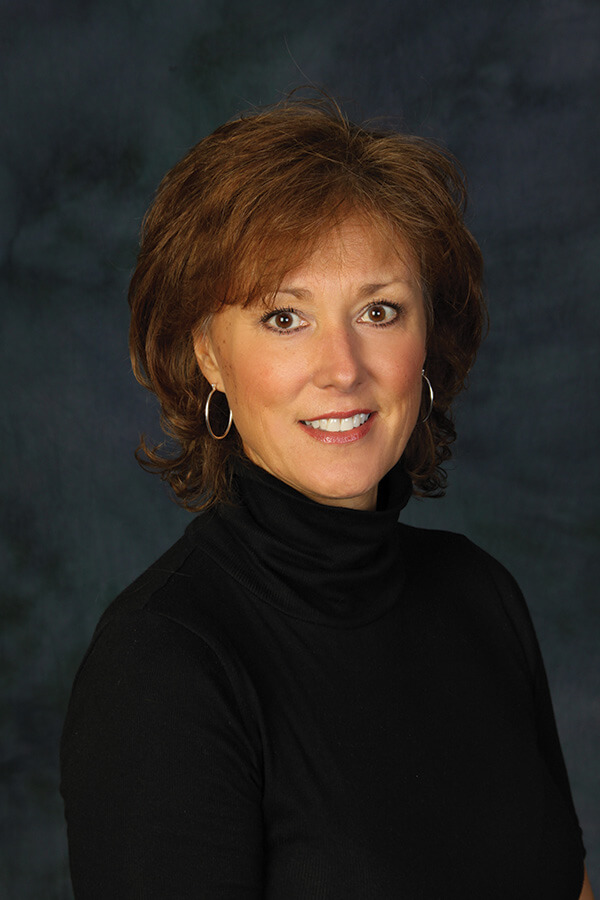
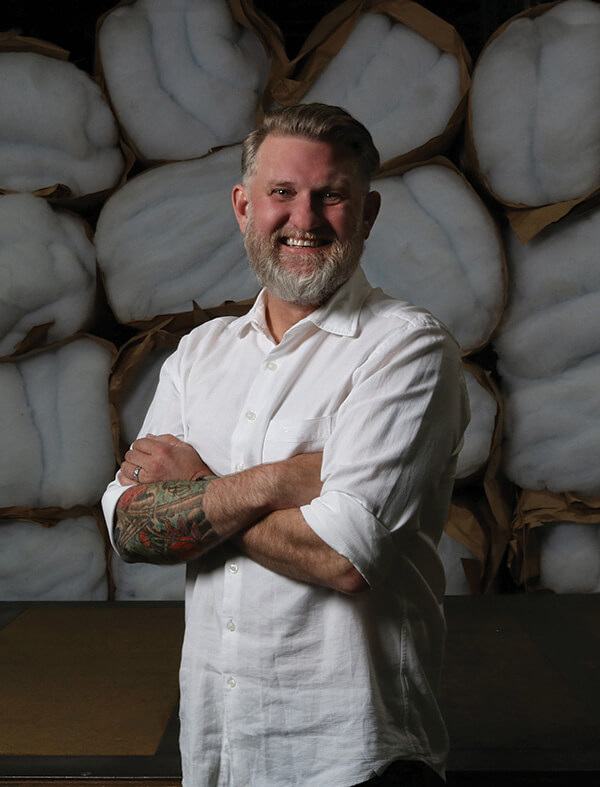
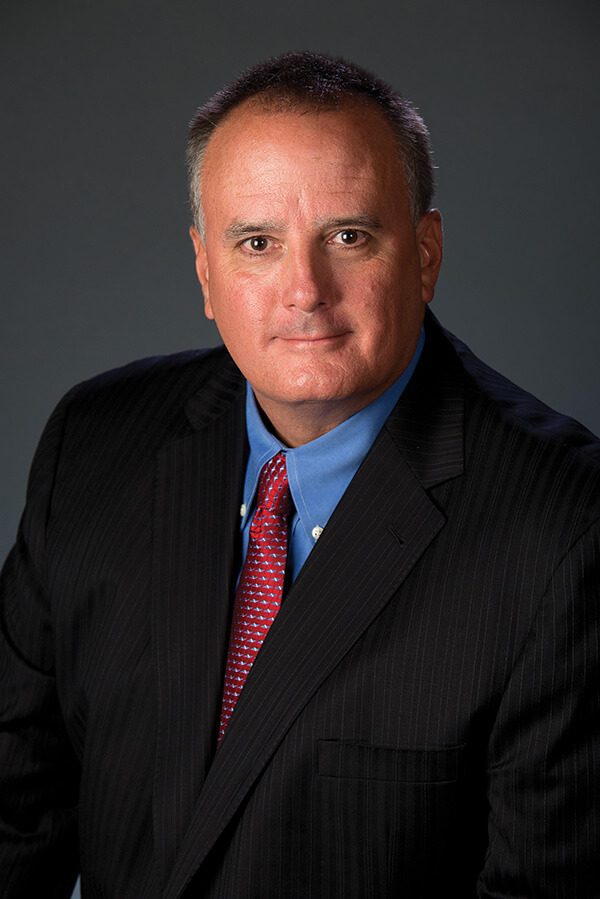
“To be agile. The shifting of business direction, products offered, distribution channels and overall operation had to pivot as the pandemic took hold. We recognized that being agile and flexible would help us survive and get us through.” — Hank Little, president of Atlanta
Attachment Co., a machinery and equipment supplier based in Lawrenceville, Georgia
“Creative learned how to pivot fast, going from business as usual to moving production over to PPE, such as finished masks and hospital gowns. These were delivered across the country from the onset of the pandemic.” — Camilla Franklin, vice president of design and marketing for Creative, a division of Beverly Knits, based in Gastonia, North Carolina
“Not necessarily a new lesson learned for us, but the practice the pandemic highlighted as most critical is the importance of having contingency planning and redundancy of supply in place before a crisis hits. Throughout Covid we have been able to supply our customers at 100% and not cut anyone off due to not having the supply necessary to fulfill their orders. By having multiple raw material suppliers and manufacturing locations it really allowed us to continue to supply our customers as demand dramatically increased and decreased. At a time when everything was in flux, that stability was a welcome path forward as we navigated the changing landscape in real time.” — Will Ringo, director of bedding and textile business for Milliken & Co., an industry supplier based in Spartanburg, South Carolina
“Resiliency. Given the enormous supply chain disruption and channel shifts our category saw from the point of ‘lockdown’ and beyond, Covid has advanced our capabilities in resources and agility to better service our customers’ needs.” — Laura Brewick, senior vice president of Serta brand marketing for Serta Simmons Bedding LLC, a mattress major based in Atlanta

What do you do now business-wise that you didn’t do before Covid-19?
“We carry more inventory to help protect against supply chain interruptions, as well as control and limit access to the building more than pre-Covid for both safety and employee wellness.” —L ittle, Atlanta Attachment
“We’ve always had pride in our communication with customers, but the pandemic showed us exactly how important that close communication is when things are changing every day. We’ve always made it a point to have frequent supply-chain calls to align our manufacturing with our customers’ needs, and the pandemic made it clear those touchpoints are an integral part of how we service our customers. Continuing to have a consistent and clear flow of information from our customers to our suppliers, using our SIOP (sales, inventory and operations planning) system has proven to be very successful.” — Ringo, Milliken
“One area is in onboarding and team ways of working. I can honestly say I did not have a solid roadmap to a completely virtual onboarding plan or a hybrid model in virtual and in-person collaboration. Covid forced us to think through things differently, and our team has strengthened not only in talent but our ongoing efficiencies.” — Brewick, SSB
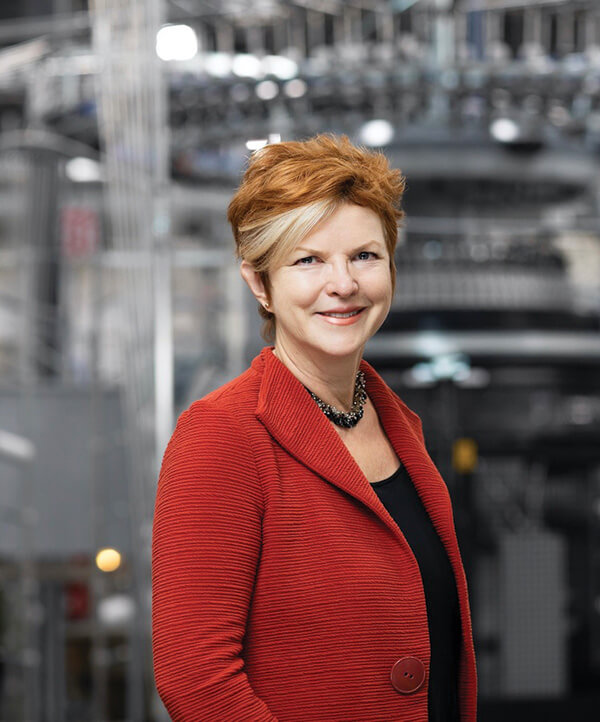
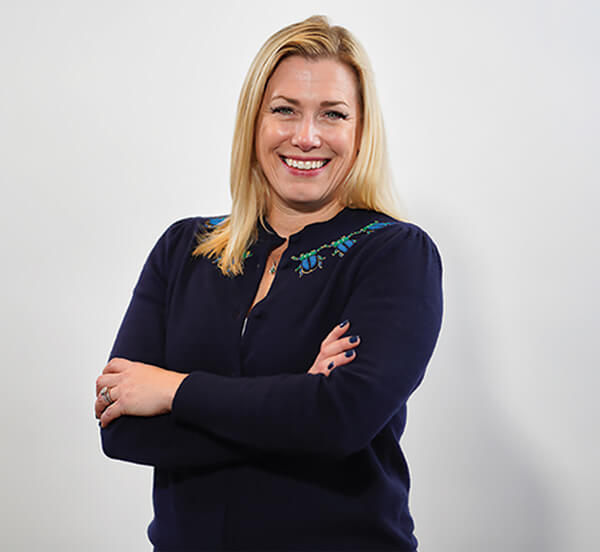

“We take health and safety precautions with our staff and customers that we did not address previously. It’s an added layer of protection for everyone.” — Borreggine, Therapedic
“Covid fundamentally enhanced our responsiveness to customers’ needs and our own flexibility. It’s not that we didn’t listen, or weren’t responsive before, but we might not have understood just how important those things really are. If anything, the experience of the past two years moved our focus on customer needs higher up on our priority list.
“At the same time, while we have always had a strong and positive corporate culture here, and that paid great dividends during Covid, I would say we also became even more employee friendly, with a stronger focus on soft benefits, such as reducing the time it takes to qualify for insurance. The key for us was being more open to communicating and meeting people where they are. I’m very thankful that almost 100% of our employee population returned to work after the temporary furlough, and both our culture and sense of camaraderie and team are stronger than ever before. Our employees were diligent and they understood from the start their health and safety, and the health and safety of everyone else in the company, was paramount.
“Lastly, the pandemic’s great supply chain disruptions forced us to reassess our sourcing and how we secured components and then delivered product to customers.” — Morgenstern, Pleasant Mattress

What positives have come out of Covid-19 for your business?
“Stronger partnerships developed both with our customers and vendors were a result of working through the pandemic and unusual conditions together. And, on a personal note, a big positive was the opportunity for me to transition from being a customer of Creative to becoming part of the team at Creative.” — Franklin, Creative
“The consumer’s awareness that sleep is vital to good health and that a new mattress can help deliver a better night’s sleep.” —Tokarz, Restonic
“We have trained our administrative staff to work effectively and efficiently from home. We’ve morphed into a hybrid schedule where we work together in the office several days and from home on others.” — Borreggine, Therapedic

“In addition to consumers investing in home that spiked the overall category, the advancement made in the consumer journey.” — Brewick, SSB
“It gave us time to crystallize what was important for our business and to be more strategic in how we go about accomplishing our objectives. Rather than continually swinging for the fences, we slowed down somewhat, looked at our processes and determined the critical actions that would result in the steady base hits. An example on the Pleasant side of the business is that we focused on moving the majority of our units from the value side of the business to the velocity side in terms of price point. We had been spending much of our time chasing the premium and super-premium segments, and beginning in late 2021, we began to refocus on the $599 to $1,999 segment. But we also saw a growing appetite for our luxury McRoskey line. We further expanded product development and retail distribution nationally to meet the needs of that consumer, as well.” — Morgenstern, Pleasant Mattress
Covid forced us to think through things differently.
Laura Brewick
“Covid opened the door to new business opportunities. It also enhanced company unity during tough times. Our resiliency beyond just being together as co-workers, but as human beings in general, was astonishing to see.” — Little, Atlanta Attachment
“It’s hard to talk positively about a global pandemic, but I will note that we’ve absolutely strengthened our relationships with our customers. Everyone at every part of the business has to be flexible, creative and agile as we continue to handle new challenges, and I believe our relationships have only deepened over the last two years.” — Ringo, Milliken

What negatives have come out of Covid-19 for your business?
“Of course, trade shows and travel were greatly impacted by the pandemic. That limitation made it difficult to interact face-to-face with customers and it certainly was an area that we missed.” — Ringo, Milliken
“Continued inflation.” — Brewick, SSB
“The ‘hockey stick’ demand drove significant price increases that we were not able to react to as quickly as we received them, which had a negative impact on our bottom line — which in turn impacts where we can invest to grow our business.” — Tokarz, Restonic
“The diminishing face-to-face contact between both co-workers and customers has an unsettling effect on relationships.” — Borreggine, Therapedic
“Covid identified weak spots in our business, from staffing redundancy to policy and procedure improvements that needed to be addressed.” — Little, Atlanta Attachment
I believe our relationships have only deepened over the last two years.
Will Ringo

What still keeps you up at night regarding Covid-19?
“Having lost a parent to Covid, my sleepless nights are on behalf of my family, friends, and in hopes that our health care systems around the world have made such leaps in education and preventive measures our global community never faces such devastation to life and the economy.” — Brewick, SSB
“The enormous loss we faced as a nation and how precious life is … the long-term effects of the virus and the lack of information we still do not understand about Covid, as well as its continuing effects on supply chain.” — Little, Atlanta Attachment
“The fact that Covid is still present and will most likely be for a long time. We need to remain prudent in all aspects of our business to assure our people stay healthy and our customers supplied.” — Morgenstern, Pleasant Mattress
“A couple of things: The first is just a fear that there is another shutdown. While I doubt it will come to that, and we are better prepared if it did, it still keeps me on guard. The second is figuring out how to help our retailers get back in the swing of advertising and what is the best medium to use. When the pandemic started, the majority of retailers had to shut down, and there was no need to advertise. Then from mid-2020 through most of last year, all you had to do was open your doors or turn on your shopping cart and you did business. Many retailers have not yet reinstated a regular promotional calendar. Now with a business slowdown, advertising is frequently the first thing to be cut, when it really should be the last.” — Tokarz, Restonic
We survived and we continue to provide good health through better sleep.
Gerry Borreggine

When will Covid-19 end? Will you return to business as usual?
“I think this is business as usual. Maybe a better way of describing it is the new normal. I feel that we’re very close to the point when Covid will be considered endemic, and we’ll cope with it in the same way we cope with cold and flu season. We’ll have more experience with it, and the government will figure out what to watch for and how to stay on top of it and when to institute changes.” — Morgenstern, Pleasant Mattress

“Sadly, I think we will be dealing with variations of this pandemic for years to come, if not forever. At the very least, Covid has permanently affected the psyche of the public, worldwide.” — Borreggine, Therapedic International
“In a perfect world I would say there will be an end, but the future is uncertain at this time, as we are not sure if we will see an ‘end.’ We are all facing a new normal, so we believe we are moving forward as ‘business as usual.’ Things are always getting better, but the idea of it ‘going back to the way it was’ is living in the past, at least in the near future.” — Little, Atlanta Attachment Co.
“My personal belief is Covid will not end. I expect we will have the need for regular vaccinations. I also believe ‘business as usual’ is not a reality. Even pre-pandemic, we were realizing major shifts in our business model, such as online sales growth, advertising medium changes and technology advances for consumer engagement. Many of these items became important at an elevated pace due to the pandemic, and I doubt we will return to a shopping environment of 2019.” — Tokarz, Restonic Mattress Corp.
I think this is business as usual. Maybe a better way of describing it is the new normal.
Rion Morgenstern

What question have we not asked you about Covid-19 that you would like to answer?
“Well, all that being said, the mattress industry has showed itself to be a resilient business model. We survived, and we continue to provide good health through better sleep to millions of people around the world.” — Borreggine, Therapedic International
“How has Covid impacted the labor force? The Great Resignation has brought workforce issues to the forefront of industry discussions. Over 70% of executives surveyed say labor shortages — particularly in hourly wage jobs — will hamper growth in 2022.” — Tokarz, Restonic Mattress Corp.
“What were the long-term effects of Covid on your business? Answer, the magnitude of the pandemic humbled us. We have more appreciation for our families, employees and customers than ever before. We have re-examined our supply chains and are buying more domestically than ever before. We have reassessed our distribution routes to the benefit of the environment and our drivers. It is unfortunate it took a pandemic to find these truths. But now that we did, let’s make sure to cleave to them.” — Morgenstern, Pleasant Mattress




